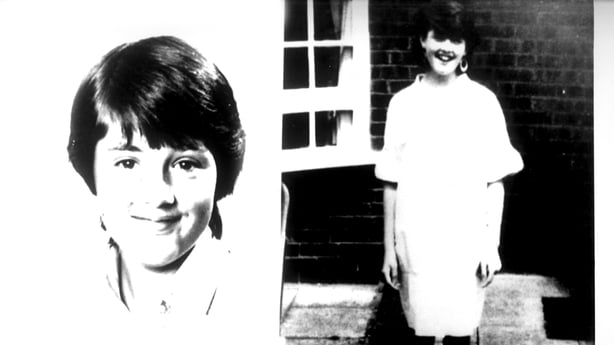British double child killer Colin Pitchfork is set to be freed from prison after the UK Parole Board rejected a challenge from the British government against its ruling.
Pitchfork, now in his early 60s, was jailed for life after raping and strangling 15-year-olds Lynda Mann and Dawn Ashworth in Leicestershire in 1983 and 1986.
He became the first man convicted of murder on the basis of DNA evidence in 1988 after admitting two murders, two rapes, two indecent assaults and conspiracy to pervert the course of justice.
Following a hearing in March, the board ruled he was "suitable for release", despite this being denied in 2016 and 2018.
But last month British Justice Secretary Robert Buckland asked the board, which is independent of the government, to re-examine the decision under the so-called reconsideration mechanism.
Today, the board announced the application had been "refused".
A spokesman said in a statement: "The Parole Board has immense sympathy for the families of Dawn Ashworth and Lynda Mann and recognises the pain and anguish they have endured and continue to endure through the parole process.
"However, Parole Board panels are bound by law to assess whether a prisoner is safe to release. It has no power to alter the original sentence set down by the courts.
"Legislation dictates that a panel's decision must be solely focused on what risk a prisoner may pose on release and whether that risk can be managed in the community.
"As made clear in the reconsideration decision, release was supported by all of the Secretary of State's witnesses during Mr Pitchfork's review."

The mother of Dawn Ashworth, one of Pitchfork's victims, has told the PA news agency the board's decision to allow the release of her daughter's killer was "disappointing".
Barbara Ashworth said: "Well obviously I've had 33 years of it and it's all been said and as far as I'm concerned he's going to be out in amongst the public so it speaks for itself.
"He can't hurt me any more."
Asked if the board's decision was disappointing, Mrs Ashworth said: "Well, would it be for you?
"Obviously it's disappointing for me, yes."

